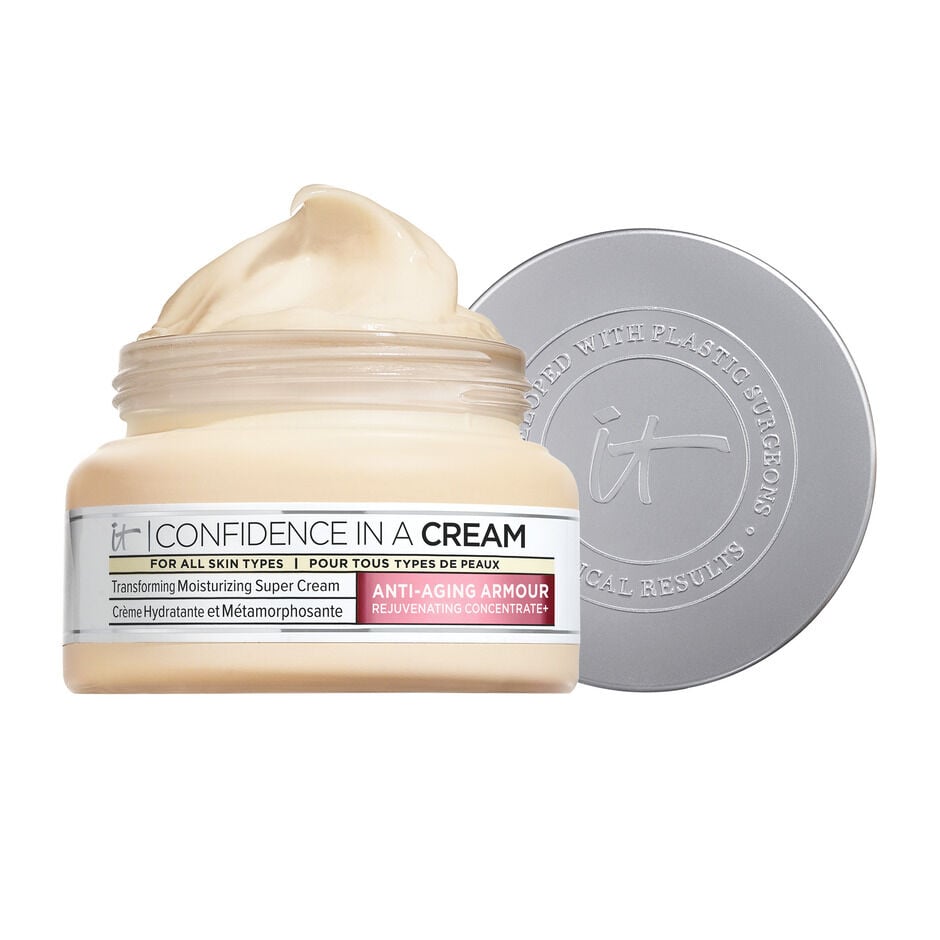Index Surge: Amplifying Your Insights
Stay updated with the latest trends and news across various industries.
Moisturizer Mysteries: What Your Skin Craves
Unlock the secrets to radiant skin! Discover what your skin truly craves with our ultimate guide to moisturizers and hydration.
Decoding Ingredients: What’s Really in Your Moisturizer?
Understanding the ingredients of your moisturizer is essential for making informed choices about your skincare. Many products on the market contain a mix of synthetic and natural ingredients, and knowing what each component does can greatly enhance the effectiveness of your skincare routine. For instance, common ingredients like glycerin and hyaluronic acid are renowned for their hydrating properties, drawing moisture into the skin. Conversely, parabens and other preservatives, often found in formulations, can be a source of concern due to their potential skin irritability and long-term effects.
When examining moisturizer labels, it's crucial to look for ingredients that align with your skin type and needs. For oily skin, products containing lightweight oils or water-based formulas can provide hydration without clogging pores. In contrast, sheabutter and squalane can be beneficial for those with dry skin, offering deep nourishment. Always look for key indicators such as non-comedogenic claims or certifications that signify the product is suitable for your skin type to avoid unwanted irritation or breakouts.

The Essential Guide to Choosing the Right Moisturizer for Your Skin Type
Choosing the right moisturizer for your skin type is crucial for maintaining healthy, hydrated skin. With a multitude of options available, it’s important to first identify your skin type. Generally, skin types fall into four categories: oily, dry, combination, and sensitive. Each type requires specific ingredients and formulations to achieve optimal results. For instance, those with oily skin should look for lightweight, oil-free moisturizers that contain ingredients like hyaluronic acid or gel-based formulas, which hydrate without clogging pores.
On the other hand, individuals with dry skin may benefit from richer, cream-based moisturizers formulated with glycerin or ceramides to lock in moisture. If your skin falls into the combination category, a balanced moisturizer that hydrates without overwhelming oily areas is essential. Additionally, for sensitive skin, it’s best to opt for fragrance-free products with soothing ingredients such as aloe vera or chamomile. Always remember to patch test new products to prevent adverse reactions, and consult with a dermatologist if you’re unsure which moisturizer is best for your unique skin concerns.
Moisturizer Myths: Debunking Common Misconceptions About Skin Care
When it comes to skincare, moisturizers are often surrounded by various myths that can lead to confusion. One common misconception is that oily skin doesn't need moisture. In reality, even oily skin requires hydration to maintain a healthy balance. Skipping moisturizer can cause your skin to produce even more oil, leading to clogged pores and breakouts. Additionally, many people believe that heavier creams are always better for dry skin. However, the effectiveness of a moisturizer isn’t solely dependent on its thickness; ingredients matter just as much. Look for moisturizers with humectants like hyaluronic acid and glycerin, which can attract moisture without feeling greasy.
Another myth is that you only need to use sunscreen during sunny weather. UV rays can penetrate through clouds and windows, so daily use of a broad-spectrum sunscreen is essential regardless of the weather. Similarly, some believe that applying a moisturizer immediately after showering is unnecessary. In fact, this practice can help lock in hydration, making it more effective. Lastly, many think that natural ingredients are always better for the skin. While they can be beneficial, not all natural substances are suitable for everyone. Understanding your skin type and the ingredients in your moisturizer is crucial to effective skincare.